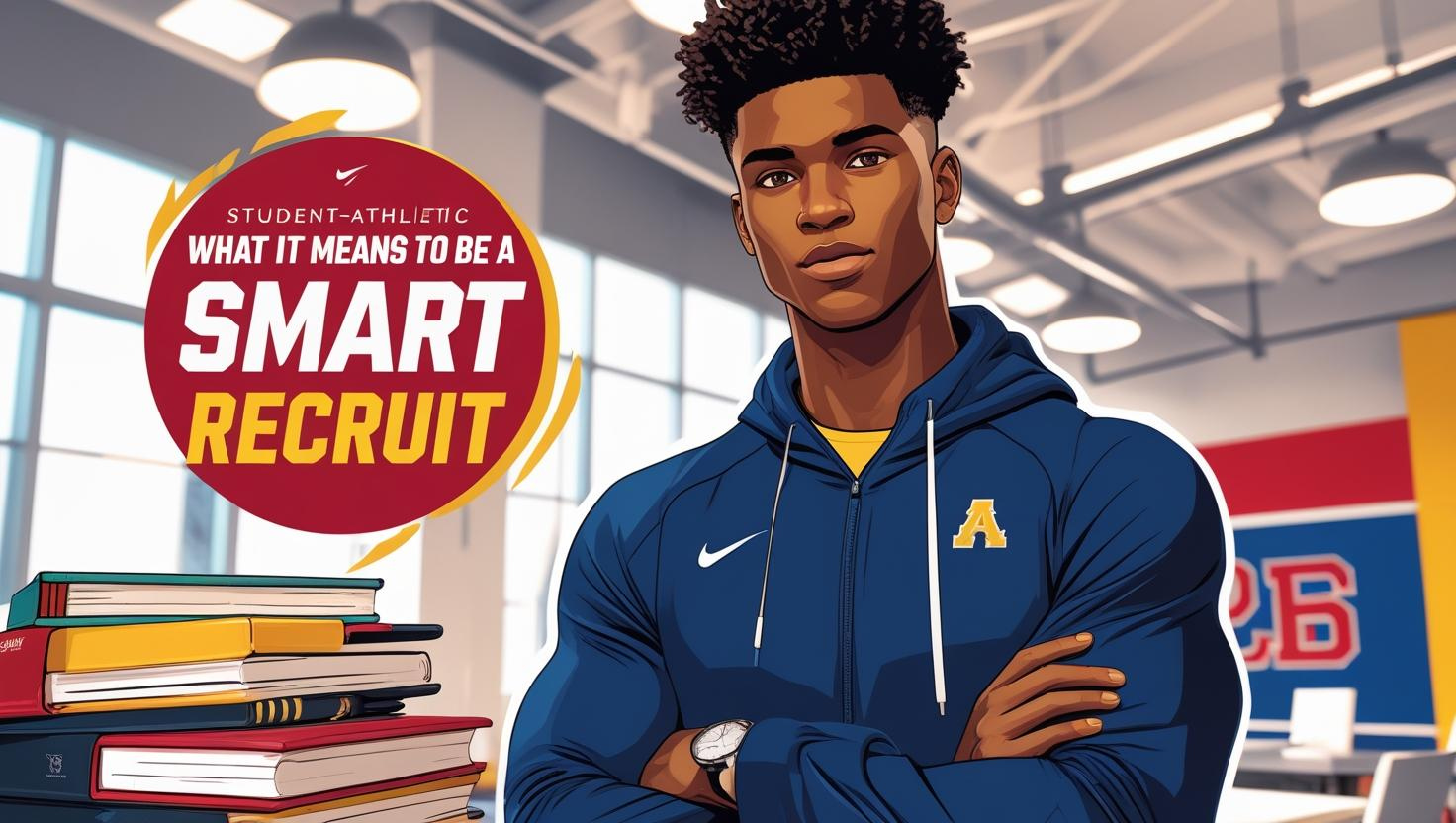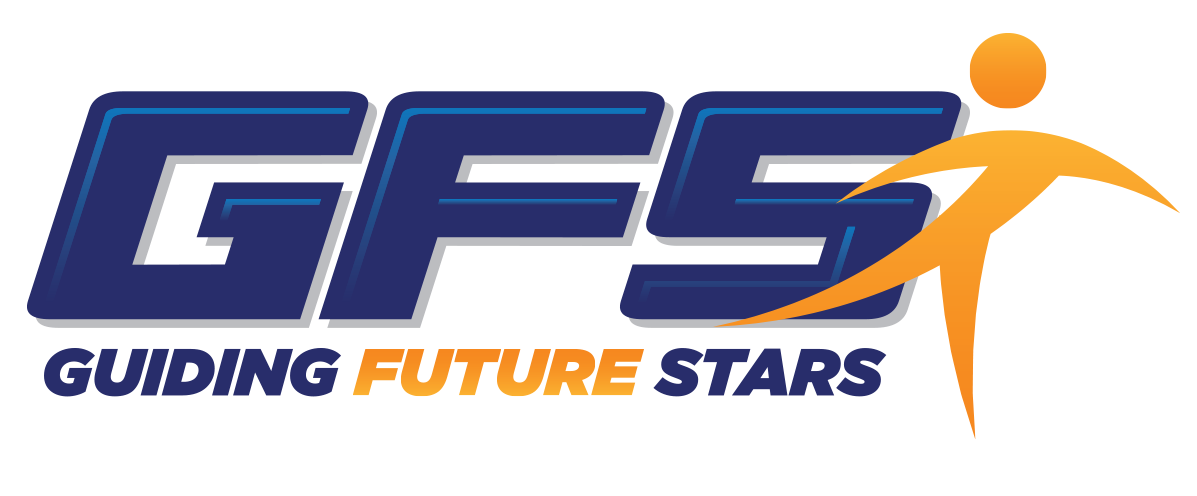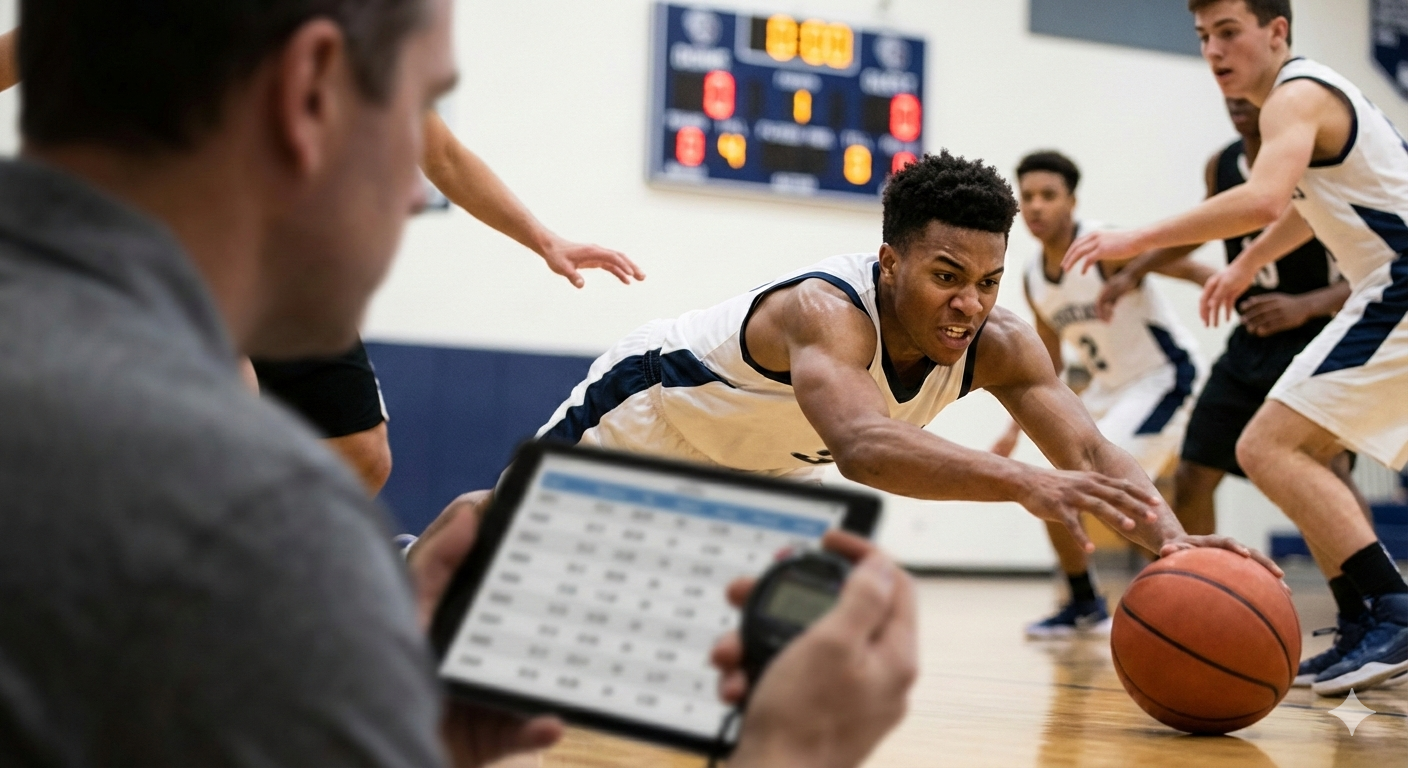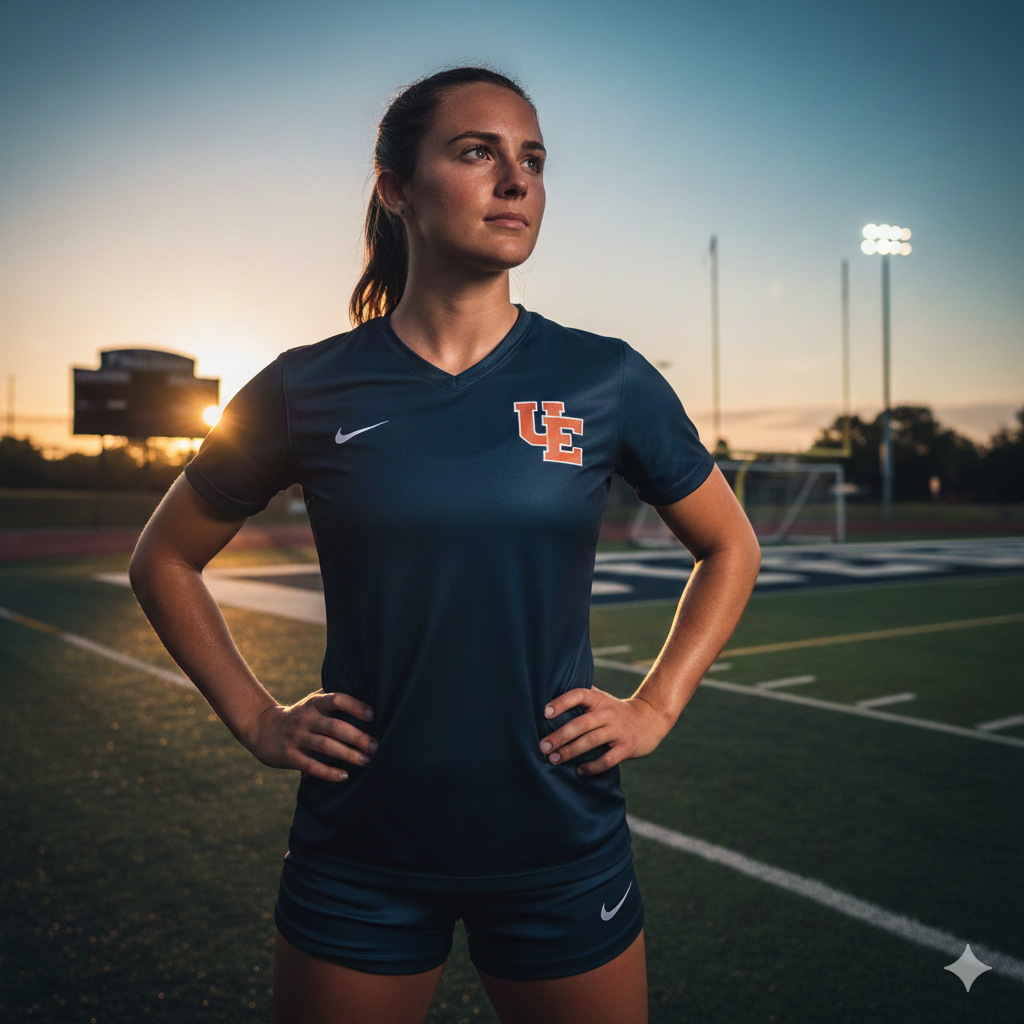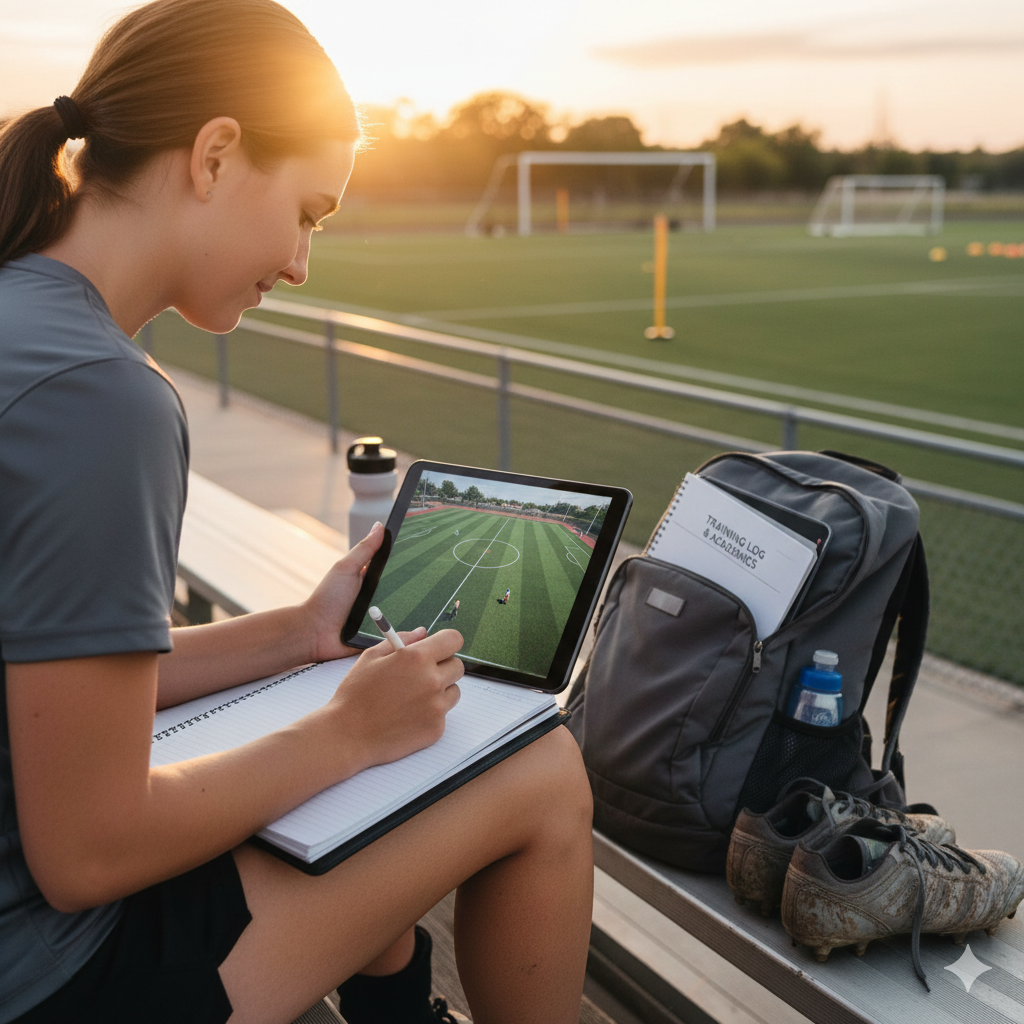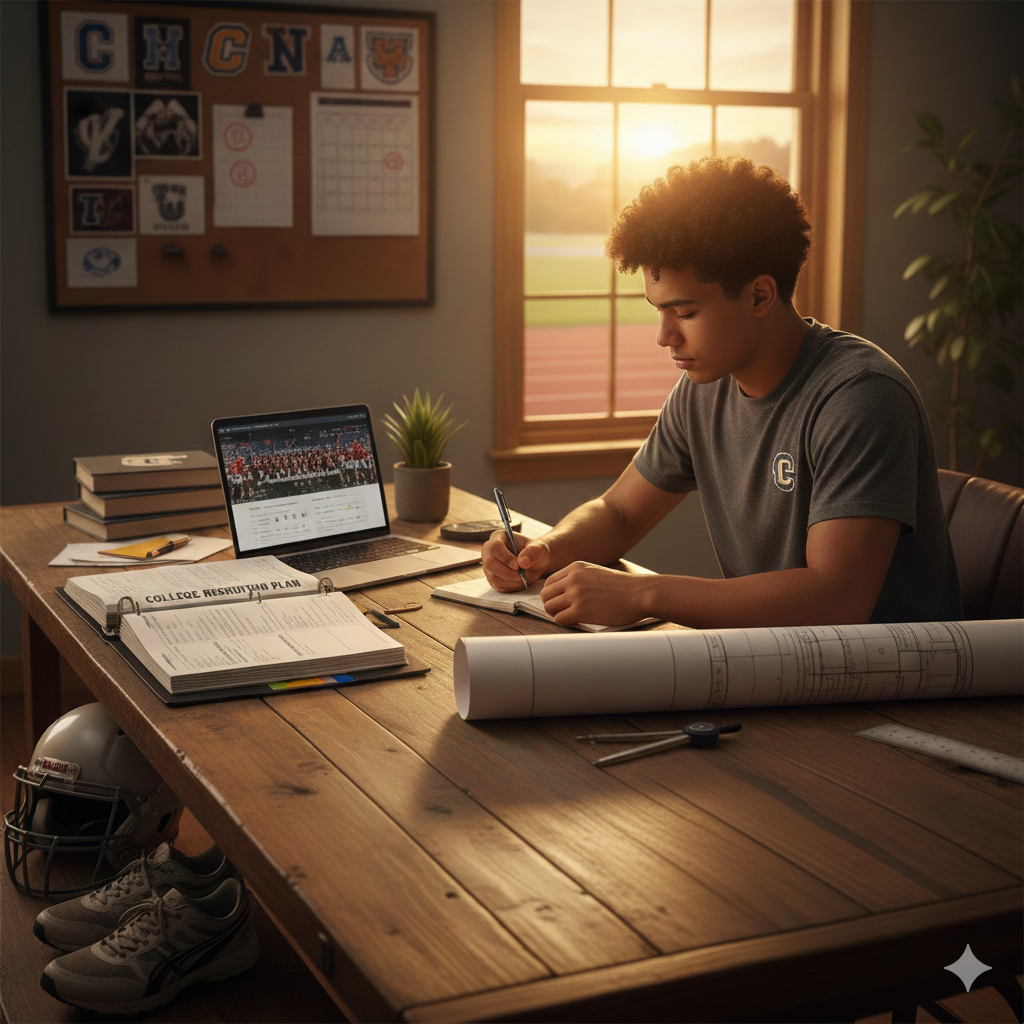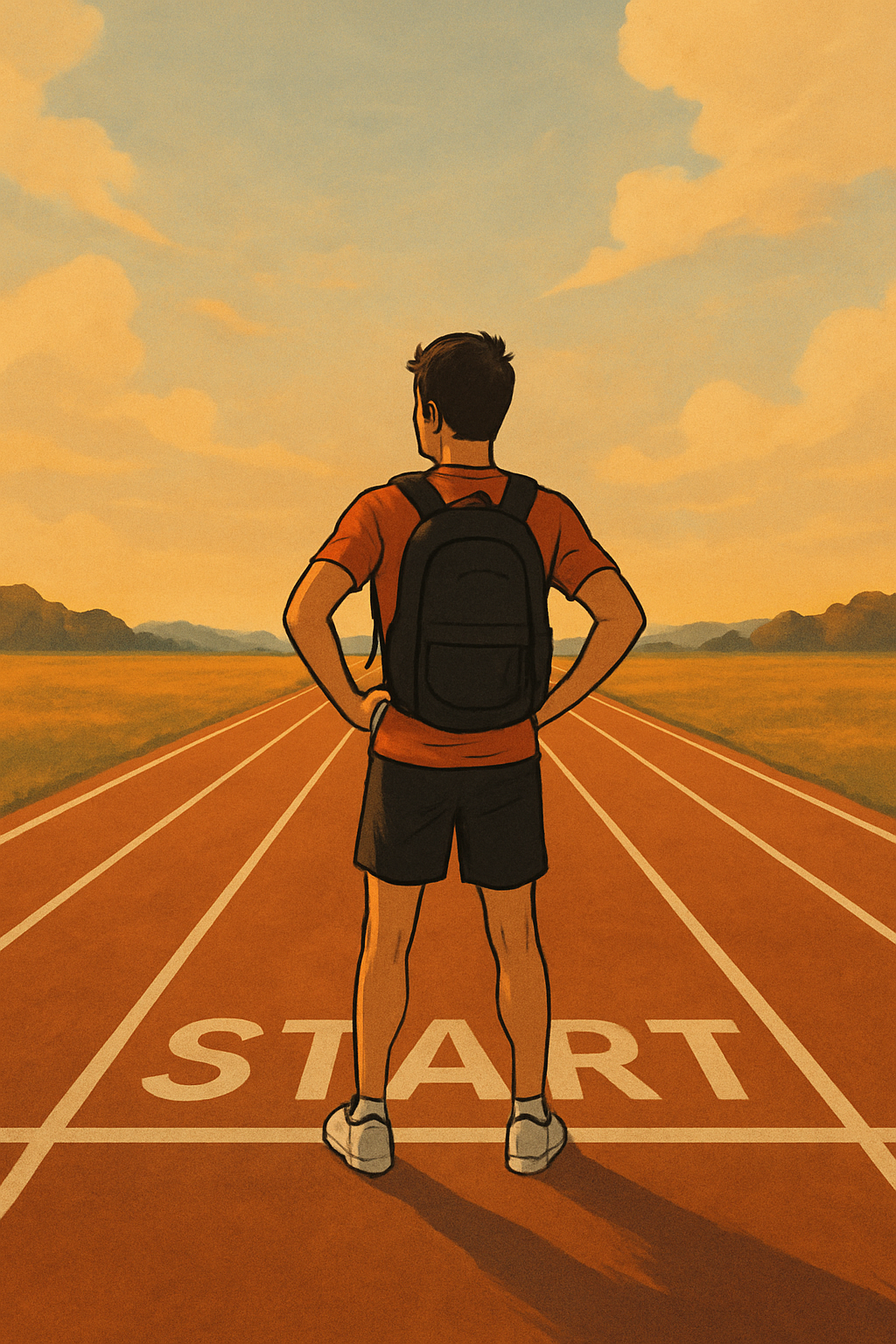How to Stay Top of College Coaches Mind
How to Stay Top of College Coach's Mind
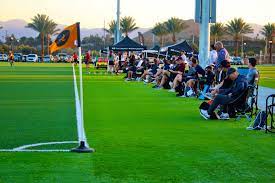
Have you dreamed of playing college sports? So have thousands of other students just like yourself. The college recruiting game has become increasingly more competitive over the years and even more so since COVID. More student-athletes are sticking around for an extra year of eligibility and college coaches are starting to look outside of the country for recruits. So, what are you doing to be noticed, to stay relevant with the schools, programs, and coaches you are interested in?
You have to stay on the top of the coach's mind or you will be forgotten. What does that mean? As a prospective student-athlete who wants to continue their academic and athletic career at the next level you have to be confident, you have to be proactive, and you have to take the initiative to put yourself out there and not be afraid of rejection.
For about 98% of the recruits, the process begins with an email to the coach expressing interest in the school and in the program. It is how you manage the process from that point that will determine how successful this process will go.
College Recruiting is a two way street. As much as college coaches are recruiting student-athletes, the student-athlete has to recruit the coach and the program. The student-athlete will do most of the work, but for something as incredible as playing college sports they should work for it.
Building relationships with the coaches is also an essential step to this process. As a recruit you want to begin to learn as much about the school and the program as you can prior to making a campus visit. A college coach wants to discover as much as they can about the recruit, academically, athletically, and personally before inviting them to campus for a visit. As a former college coach, it was the recruits who continually expressed interest in our program who we invested the most time and energy into making them feel wanted and needed.
One Email does not equal being recruited. If you are not sending regular updates to the coaches and programs you are interested in, you are being forgotten. I am constantly telling the student-athletes I work with that they need to be sending regular updates. What is considered regular updates? An email every 3-4 weeks would be ideal. If you have updated video clip or article of a big moment or an accomplishment you would like to share, that is a good time to shoot out a message.
Another way to stay on top of a coach's mind is to email them to wish them luck, or congratulate them on a big win or even wishing them a nice holiday. Personally, it was those types of emails that really showed they cared and were sincerely interested in our program.
Don't let your lack of communication be the thing that keeps you from achieving your goals. College coaches want to know and see that you are still interested in their program. If you continue to stay on top of their minds or as we call it on the coaches radar that should keep you in a good position moving forward in this process.
Don’t be a spectator in your recruiting process. Get off the sidelines and engage in your future. Be proactive! Attend showcases, tournaments, and ID Camps. Contact coaches! Build relationships. Visit colleges. It is in this process you will find the school that will provide you with the best college experience, academically, athletically, and personally.
